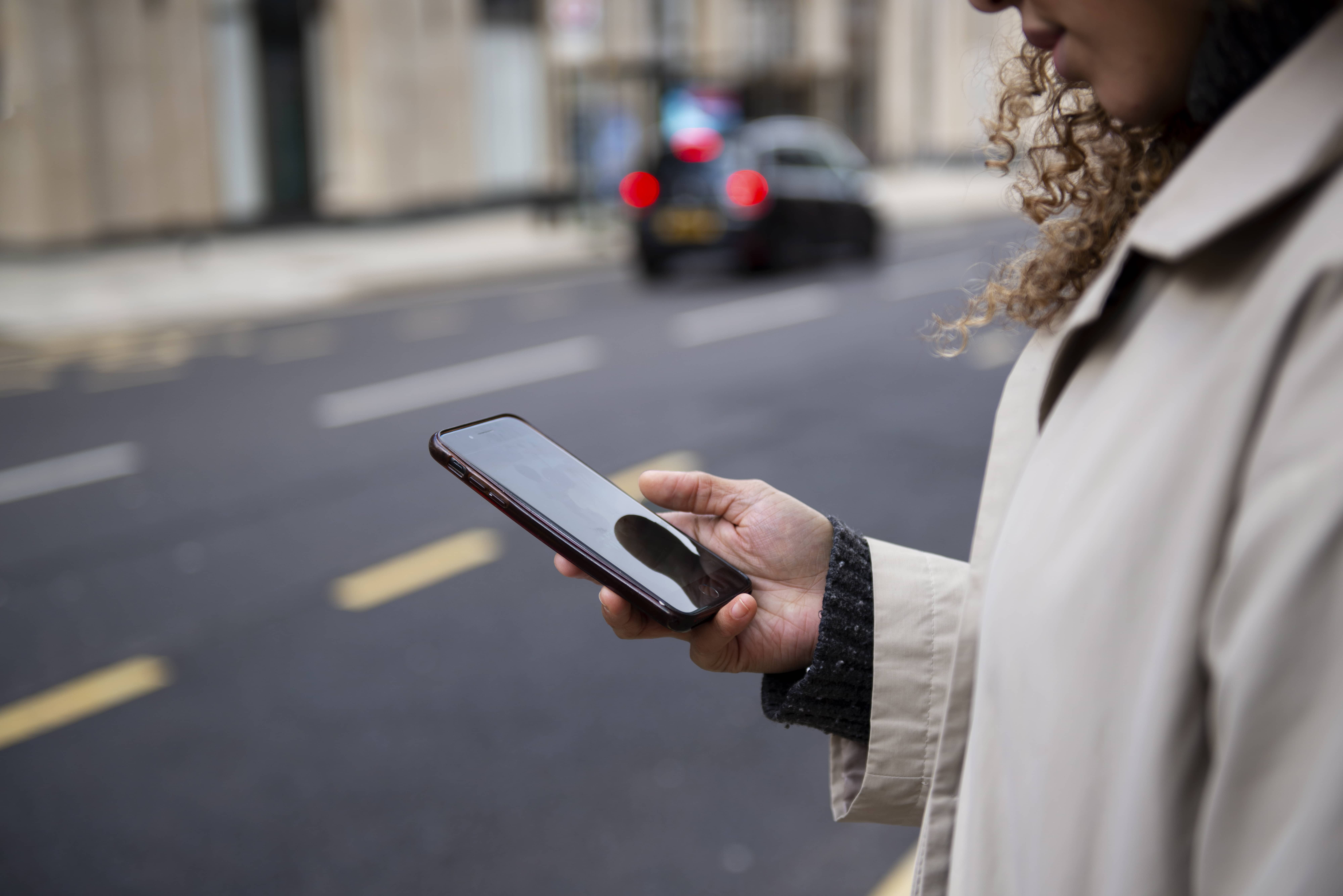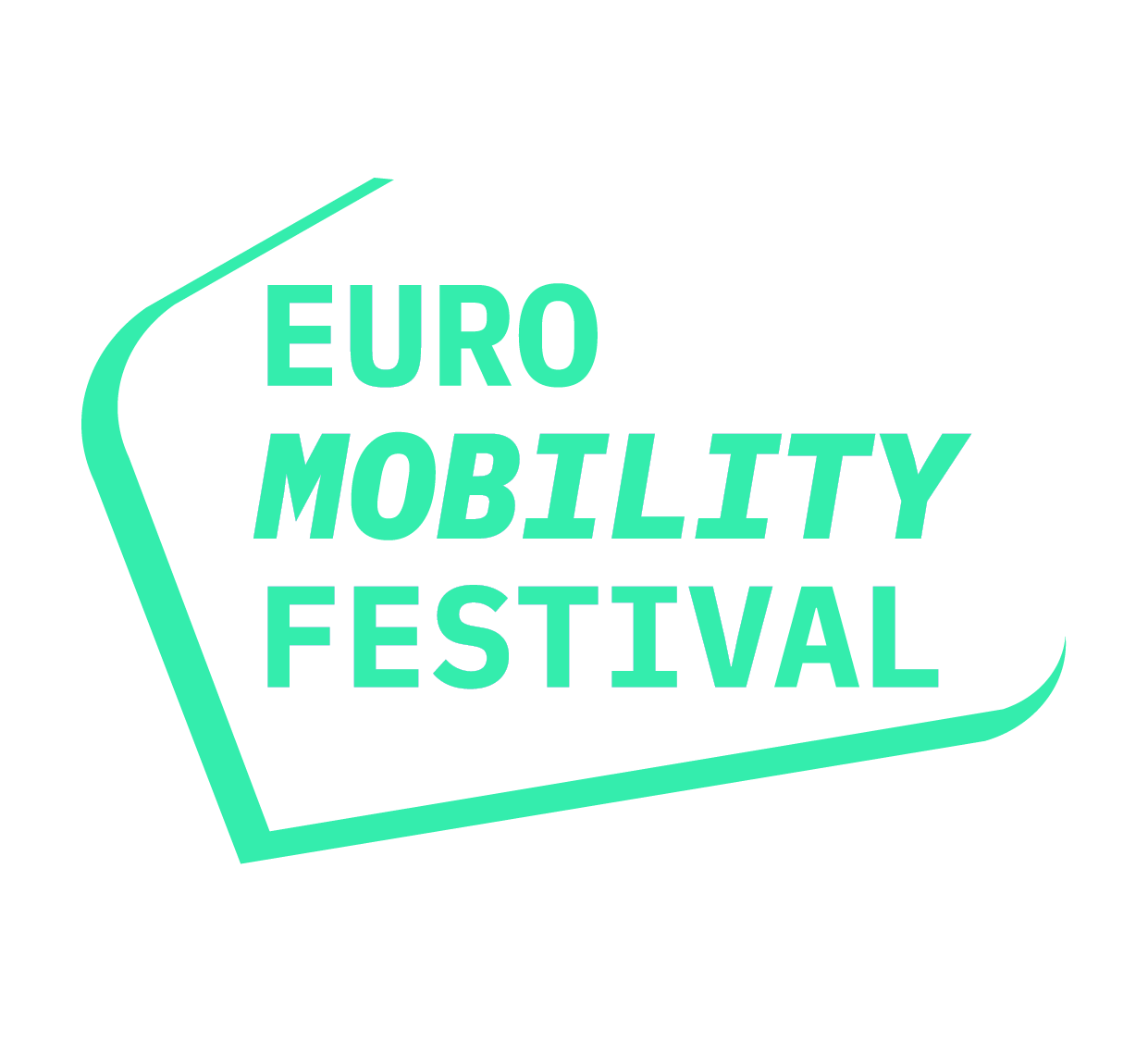Smart Cities, smart mobility: innovative startups transforming urban mobility
The Tomorrow Mobility World Congress held in Barcelona brought together industry leaders, government officials, researchers, and entrepreneurs to discuss the future of urban mobility. This year’s edition marked a significant shift in focus: rather than concentrating solely on developing new transportation methods such as eVTOLs or hyperloops, the spotlight turned to optimizing existing urban infrastructure.
At the event, participants discussed strategies to accelerate the path to net-zero emissions, strengthen effective partnerships, and improve the economic viability of urban mobility projects.
Among the standout innovations, several startups presented solutions to enhance mobility and sustainability in cities:
Karos, a French startup, uses AI-powered carpooling technology to reduce single-occupancy vehicle use. The platform connects drivers and passengers based on preferences and integrates with public transport networks. Drivers earn per journey, and companies can subsidize the service through a customizable platform for tracking and communications.
EVARM, a Spanish company, specializes in converting professional vehicle fleets to alternative fuels like LPG, CNG, and hydrogen. This solution provides cost-effective, emission-reducing alternatives across various industries.
Zeabuz, from Norway, has developed an advanced autonomy platform for vessels, enabling scalable and certifiable urban ferries. In 2023, the company launched the world’s first autonomous passenger ferries in Stockholm.
Nemi, another Spanish startup, addresses the challenges of public transport in low-density areas. Its software enables on-demand and hybrid bus services, optimizing fleet usage and improving the reliability, safety, and accessibility of rural transport through data-driven insights.
Parkunload, also from Spain, offers a digital platform for short-term parking zones. Using Bluetooth technology, it facilitates precise zone detection, automatic permit validation, and real-time enforcement, helping cities reduce illegal parking, streamline traffic flow, and optimize space usage.
These startups are demonstrating how technological innovation is transforming cities into smarter, more sustainable environments, offering solutions that optimize resources and enhance urban quality of life.

